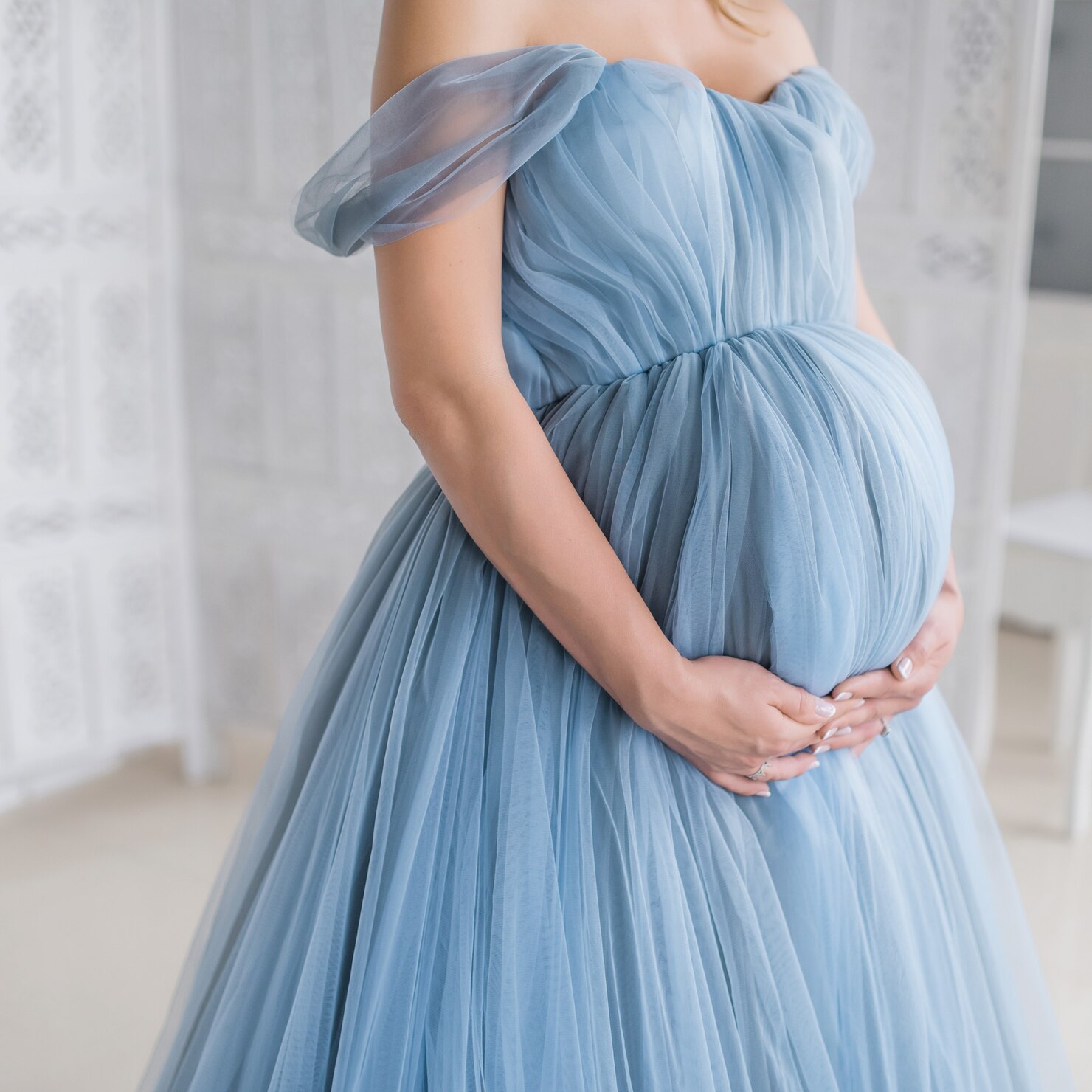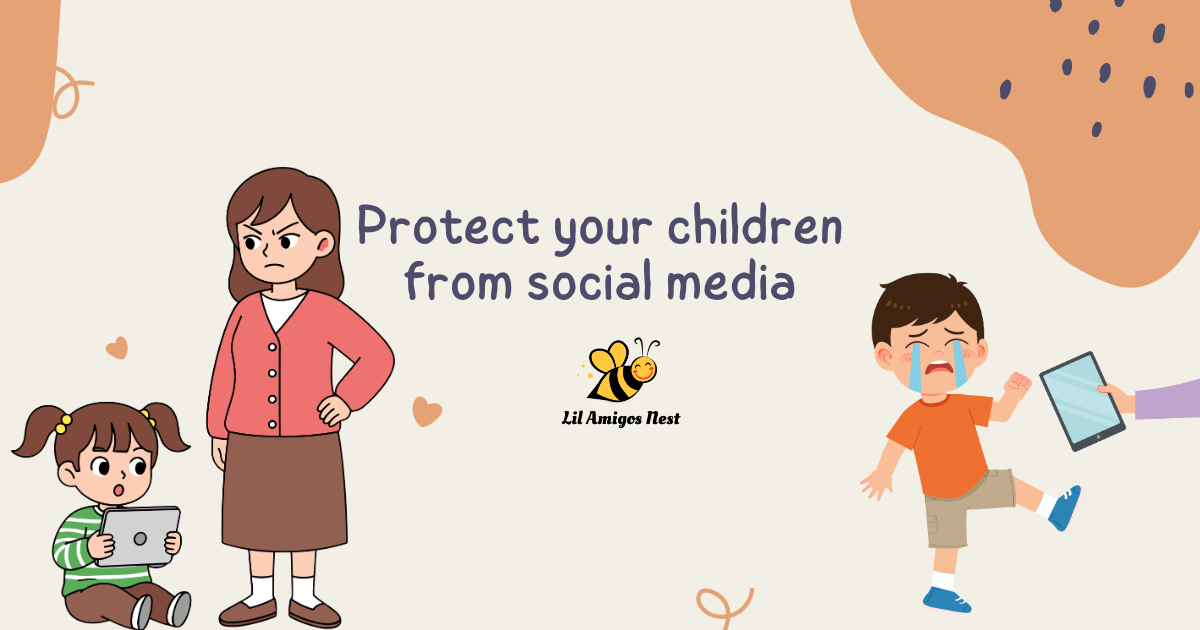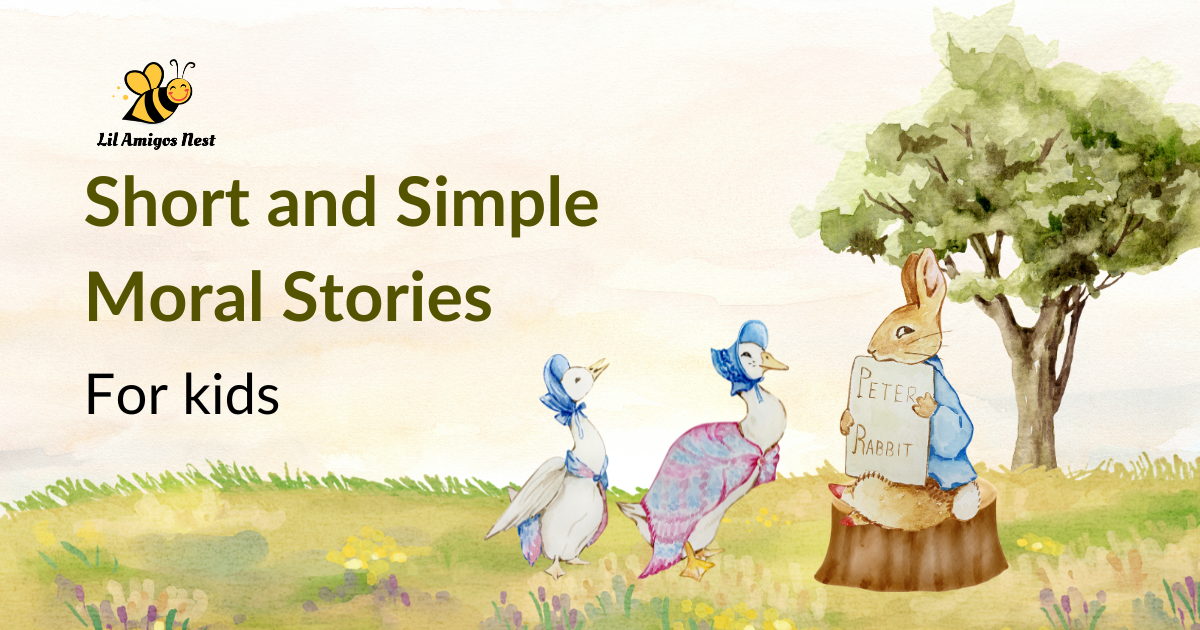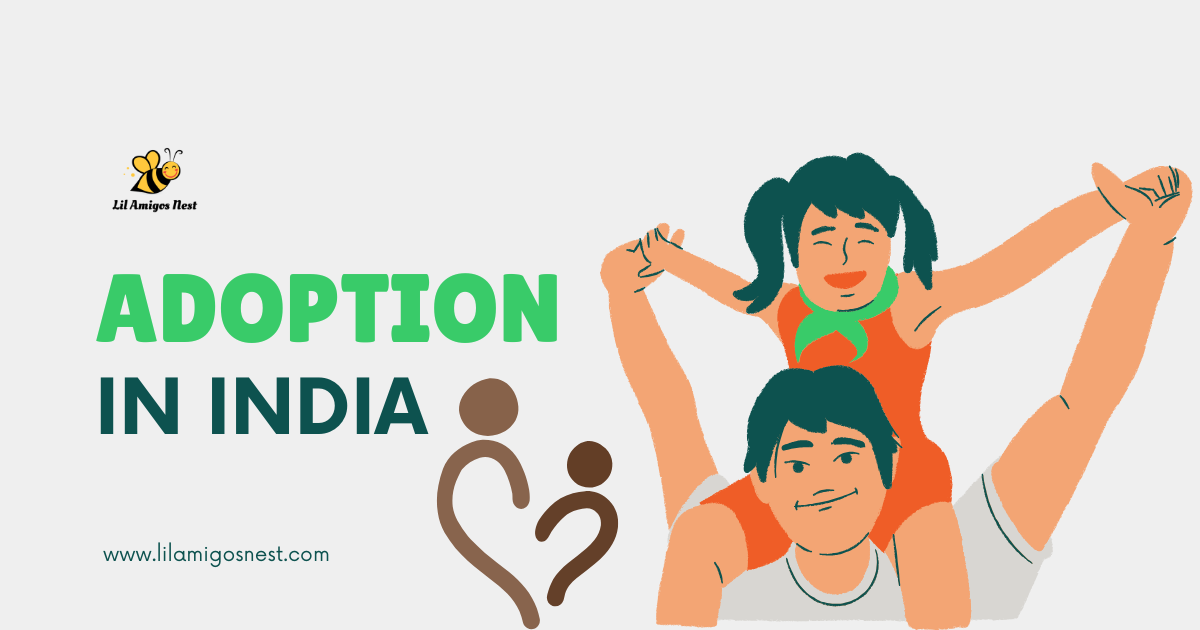Girls Getting Their Periods Sooner: Why and How to Deal with It

Introduction
Periods are a natural part of growing up, but when teenage girls experience early periods, many parents and kids ask: "Why are periods coming early?" and worry about how to handle the changes. In this guide, we'll explore when in which age periods start, why periods come early, and practical steps for periods pain relief and care. This article also covers puberty basics, sex education for kids, and periods education to help families feel confident and informed.
Early periods can be surprising, but understanding the reasons behind them and knowing how to support your child can make all the difference. From providing the right periods pain relief strategies to offering emotional support, we'll cover everything you need to know about early periods and how to navigate this phase with confidence.
1. What Are Early Periods?
Early periods—also known as precocious puberty—refer to when girls start their menstrual cycles before age 8. Typically, puberty begins between ages 8 and 13 in girls, with most experiencing their first period (menarche) around age 12. However, when hormonal changes trigger menstruation sooner, it's important to understand why.
Indicators of Early Puberty
-
Breast development before age 8
-
Growth of pubic or underarm hair at a younger age than peers
-
Rapid height growth spurts
If you notice these signs, it’s best to consult a pediatrician for a full evaluation.
2. Why Do Periods Come Early?
There are several factors that can lead to early menarche in teenage girls. These include:
-
Genetics: Family history plays a significant role. If a mother or close female relative experienced early periods, a girl might too.
-
Body Weight & Nutrition: Higher body mass index (BMI) and better nutrition can accelerate puberty. Fat tissue produces estrogen, which can trigger early menstruation.
-
Environmental Factors: Exposure to certain chemicals or endocrine disruptors found in plastics, pesticides, and personal care products may influence hormone levels.
-
Health Conditions: Certain medical conditions, such as tumors or hormonal disorders, can cause early onset of menstruation.
By understanding these factors, parents and caregivers can address potential risks and seek guidance from healthcare professionals.
3. Physical & Emotional Impact
Physical Changes
-
Periods Pain and Cramps: Young girls might experience intense cramps due to uterine contractions.
-
Irregular Cycles: Initial cycles can be unpredictable in duration and flow.
Emotional Effects
-
Anxiety and Stress: Experiencing periods earlier than peers can lead to feelings of confusion or embarrassment.
-
Self-Esteem Impact: Young girls might feel different, leading to social withdrawal or insecurity.
Empathy, open communication, and education are key to helping girls feel supported.
4. Periods Pain Relief Strategies
Pain relief during menstruation is vital for comfort and daily functioning. Here are some effective approaches:
Home Remedies
-
Warm Compress: Applying heat to the lower abdomen helps relax uterine muscles and reduce cramps.
-
Gentle Exercise: Light activities like walking or yoga increase blood flow and release endorphins.
-
Herbal Teas: Chamomile or ginger tea can soothe pain and reduce inflammation.
Over-the-Counter Solutions
-
Pain Relievers: Non-steroidal anti-inflammatory drugs (NSAIDs) like ibuprofen can be effective. Always follow dosage guidelines for children.
-
Periodic Breaks: Encourage rest and relaxation on heavy or painful days.
Combining these methods often offers the best results, but always check with a doctor before starting any medication for young girls.
5. Sex Education for Kids & Periods Education
Importance of Early Education
Providing clear, age-appropriate sex education for kids helps demystify puberty and menstruation. Start conversations early to establish trust and open communication.
Key Topics to Cover
-
Anatomy & Physiology: Explain how reproductive organs work and what triggers a period.
-
Hygiene Practices: Discuss sanitary products, proper disposal, and the importance of clean habits.
-
Emotional Preparedness: Address mood swings, cravings, and self-care strategies.
By normalizing these discussions, parents can empower their children to approach puberty with confidence.
6. Supporting Your Child Through Puberty
Communication Tips
-
Be Open & Honest: Listen actively and answer questions without judgment.
-
Use Simple Language: Explain complex topics in straightforward terms.
-
Share Personal Experiences: Relate your own puberty story to build empathy.
Practical Support
-
Create a Period Kit: Include pads, tampons, pain relievers, and a change of underwear.
-
Track Cycles: Help your child maintain a period calendar to anticipate their cycle.
Consistent support reduces fear and builds resilience during puberty.
7. When to Seek Medical Advice
While early periods are often benign, consult a healthcare professional if you observe:
-
Onset of menstruation before age 8
-
Severe or prolonged pain unresponsive to home care
-
Frequent heavy bleeding or irregular cycles
Early diagnosis ensures proper treatment and rule out of underlying conditions.
8. Long-Term Health Considerations
Early menarche can be associated with certain health implications later in life:
-
Bone Health: Early estrogen exposure may impact bone density.
-
Reproductive Health: Risk of conditions like polycystic ovary syndrome (PCOS) or endometriosis.
-
Emotional Well-Being: Early puberty can correlate with higher rates of depression or anxiety.
Regular check-ups and healthy lifestyle choices—balanced diet, exercise, and stress management—promote long-term wellness.
9. Building Confidence & Resilience
Encourage Positive Mindset
-
Celebrate Milestones: Acknowledge your child’s growth with encouragement.
-
Provide Resources: Books, videos, and age-appropriate websites can reinforce learning.
Foster Support Networks
-
Peer Groups: Connect with friends or support groups for teenage girls.
-
Professional Help: Counselors or educators trained in adolescent health can offer guidance.
Empowering girls with knowledge and community helps them embrace puberty positively.
Conclusion
Early periods can be challenging, but with understanding, preparation, and compassionate support, teenage girls and their families can navigate this journey confidently. By covering topics like why periods come early, periods pain relief, puberty basics, and sex education for kids, we equip our daughters with the tools to handle menstruation healthily and happily. Remember, every girl’s experience is unique—stay informed, stay supportive, and celebrate each step of growth.






















Please complete your information below to login.
Sign In
Create New Account